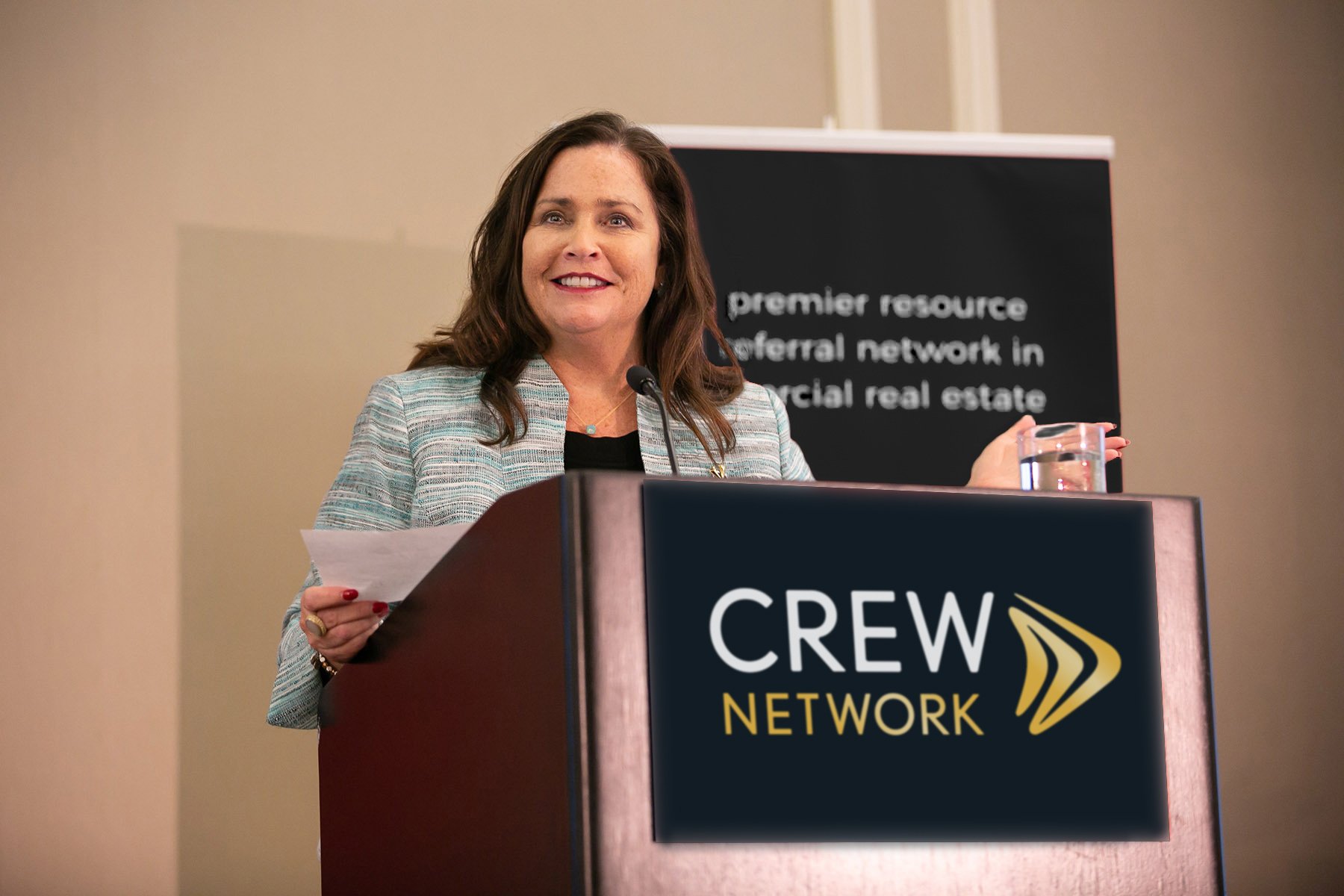In this seller's market, buyers are increasingly committing to non-refundable deposits as a way to win competitive deals. This transactions have been dubbed sell-and-go-hard, and in these deals, buyers cannot recoup deposits for property issues or defects found during the due diligence period. As a result, sign-and-go-hard transactions operate differently than a standard deal. "Sign-and-go-hard transactions are real estate acquisitions or dispositions, which require the buyer to commit its deposit upon entering a purchase agreement, without an opportunity to reclaim its investment if it discovers an undesirable condition on the property following such execution," Alain R'bibo, a real estate attorney at Allen Matkins, tells GlobeSt.com. "Such transactions differ from standard purchase agreements—which typically contain a diligence period during which the buyer may investigate the property, terminate the transaction and recover its deposit for any reason—and give sellers an advantage at the competitive bid and letter of intent stage." These deals, however, lock a buyer into a deal with little flexibility to react to unknown property issues. "If the buyer in a sign-and-go-hard transaction discovers a material and objectionable condition on the property after executing the purchase agreement, which requires they terminate the transaction, the seller will retain the buyer's deposit following such termination, even if the buyer had no means of discovering the objectionable condition prior to entering the purchase agreement," says Shannon Snell, a real estate attorney at Allen Matkins, tells GlobeSt.com. However, buyers do have options to perform due diligence inspections that are part of the standard process. "Buyers can replicate the standard diligence period by entering into an access agreement immediately after the execution of an LOI, which provides them with access to property and diligence materials while negotiating the purchase agreement," says R'bibo. "Access agreements advance transactions while the parties finalize deal terms, are typically negotiated in a fraction of the time it takes to finalize a purchase agreement, and afford buyers the opportunity to gain valuable insight regarding the condition of the property prior to putting down a nonrefundable deposit." Despite replicating the due diligence process, these agreements aren't free of risk. "Access agreements present an element of economic risk, as buyer will inevitably incur legal and diligence costs before the purchase agreement is finalized and they risk losing that investment if the transaction does not go forward," says Snell.








